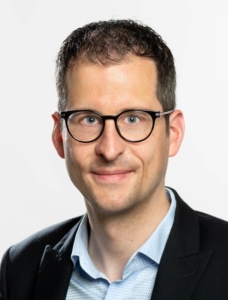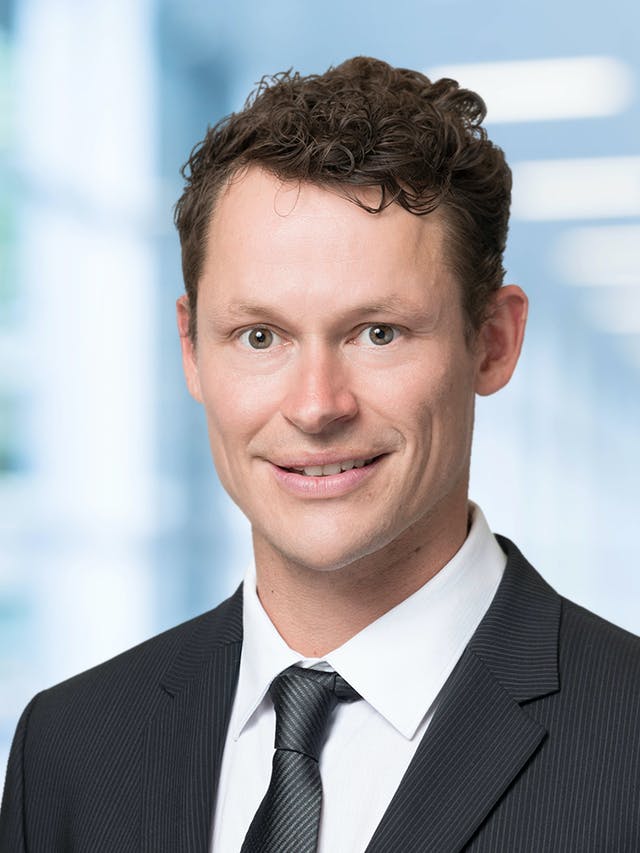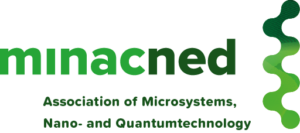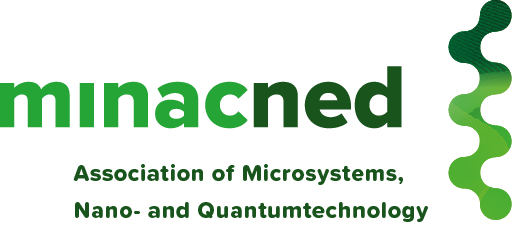ZEISS honors outstanding quantum technology-based approaches to solving real-life problems and reinforces its scientific network.
- Prof. Dr. Friedemann Reinhard from the University of Rostock and Dr. Gabriel Puebla-Hellmann from QZabre AG in Zurich have won the ZEISS Quantum Challenge 2020.
- The aim of the challenge is to identify promising solutions in quantum technology, discuss them with other experts, and partner up in order to advance these ideas together.
Problem-solving through quantum technology
“Quantum technology is being developed at an incredible pace and it offers untapped potential for future innovations in both business and science. The ideas submitted by the two winners offer promising solutions that could considerably advance the use of quantum technology in real-life applications and products,” says Dr. Max Riedel, Head of the ZEISS Innovation Hub @ KIT and judge for the ZEISS Quantum Challenge. The winners were announced at the QuApps conference on 2 March 2021 and presented their approaches to an audience of experts.
From scientific application to market-ready products
The idea behind the ZEISS Quantum Challenge is to make the leap in quantum technology, from scientific application in the lab to market-ready products. That’s because even though quantum technology is always maturing, it has not yet transitioned from the lab to industrial application. This prompted ZEISS to launch a competition dedicated to the use of quantum technology in sensor and imaging applications in real-life conditions. To do this, ZEISS called on the scientific community working in the area of quantum technology to tackle six real-life challenges in the following categories: medical technology, microscopy, and industrial metrology. The aim of the challenges was to identify promising solutions, discuss them with other experts, and partner up in order to advance these ideas together.

Prof. Dr. Friedemann Reinhard, Professor of Quantum Technology at the University of Rostock, is one of the winners of the ZEISS Quantum Challenge 2020.
Prof. Dr. Friedemann Reinhard was honored for his idea regarding label-free 3D microscopy. The solution uses magnetic resonance imaging (MRI), instead of optical microscopy, to image small samples. It may sound far-fetched, but it could be doable by Nitrogen Vacancy (NV) centers (nitrogen defect centers in diamond). These have already shown that nuclear resonance signals from volumes of around 10 micrometers can be detected relatively quickly and easily. Using additional magnetic field gradients makes it possible to recreate an MRI scanner on a micrometer scale,” says Reinhard. This could then be used to examine nontransparent specimens in 3D. “It would also enable label-free imaging, e.g. by imaging the chemical shift. And it could image movements or diffusion.” It could be deployed in the life sciences. Another promising area would be battery research. Here, magnetic resonance spectroscopy is already being used on larger scales, and optical microscopy is not an option, since batteries are not transparent. Movements and diffusion are also of interest.

Dr. Gabriel Puebla-Hellmann, CEO of QZabre AG in Zurich, is one of the winners of the ZEISS Quantum Challenge 2020.
Dr. Gabriel Puebla-Hellmann was honored for his contribution to precise position and direction determination using quantum technology. At the heart of his solution are Nitrogen Vacancy (NV) centers – atom-sized, highly sensitive magnetic field sensors. “Because of their size, many NVs can exist in a small volume, creating a very sensitive magnetic field sensor on the sub-100 nanometer scale that determines both the value and direction of the field,” says Puebla-Hellmann. ” This sensor is special because it remains precise across more than six orders of magnitude, thus offering a much higher resolution for the same testing volume than other technologies.”
Our approach is particularly relevant for industrial metrology. For example, when manufacturing high-precision components, the dimensions have to be verified post-production. Our approach helps to make this step more precise – and potentially faster, too.

